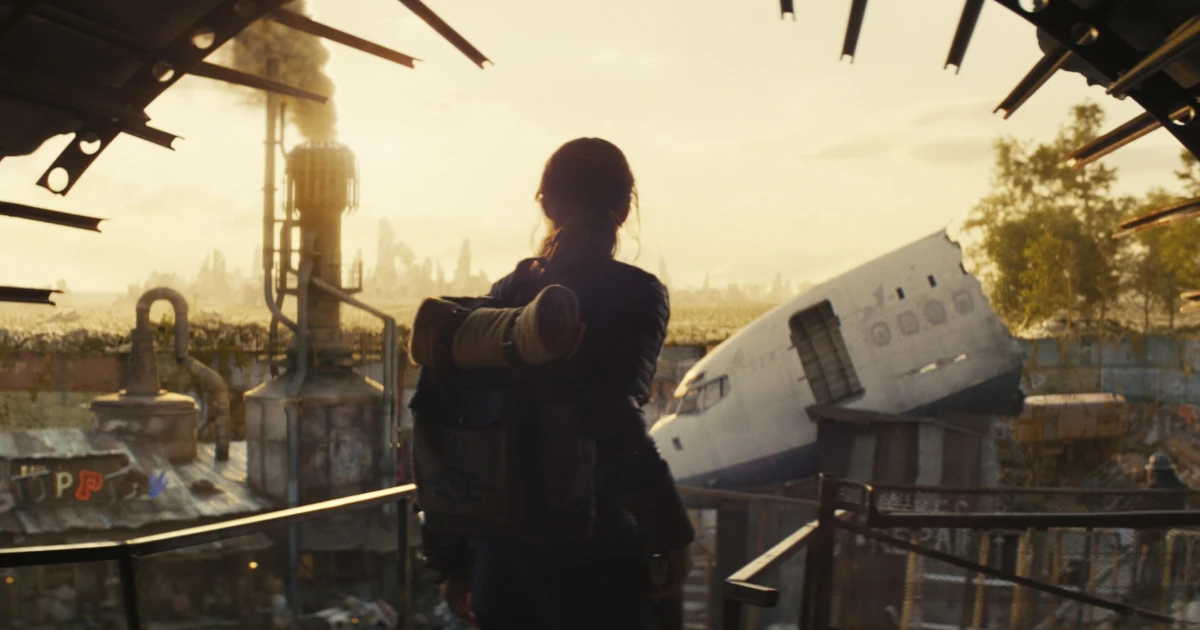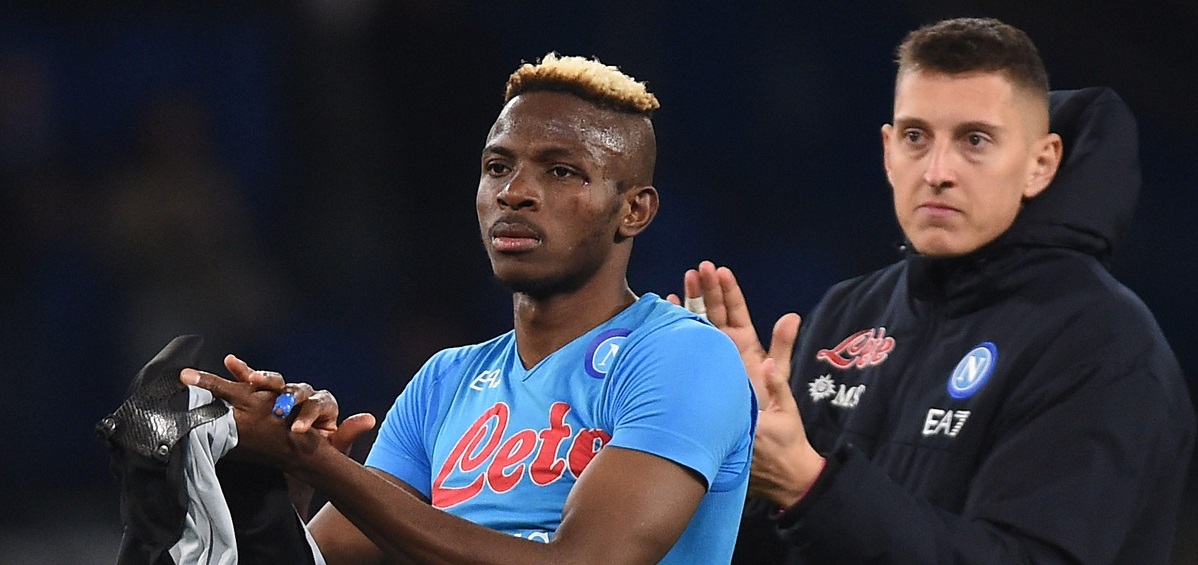Last year it was The Last of Us, this year it’s Fallout. Another post-apocalyptic series shows that even a top-notch work can be created based on a video game template. Read the first Czech review.
War never changes, is one of the slogans of the Fallout game series, certain parts of which some players swear by as the best games of all time. At the same time, the series has changed significantly in recent years: the first two pioneering and most invoked parts from the nineties were followed by a modern continuation from the new millennium, which gradually shifted more towards action.
The series also looked at mobiles with the title Fallout Shelter and also received an online version of Fallout 76. Now it is experiencing the biggest breakthrough, as it shows life after a nuclear war in the series, whose eight episodes will be offered from April 11 on Amazon Prime Video.
The current owner of the rights to Fallout, the American company Bethesda, has been approached by several interested parties with an interest in the adaptation. She only agreed with Jonathan Nolan, who is not as famous as his brother Christopher, the current Oscar winner with Oppenheimer, but he also has a very good reputation: together with Christopher, he wrote the scripts for his biggest hits such as The Perfect Trick, The Dark Knight or Interstellar and then himself he was, for example, behind the acclaimed series Westworld.
His adaptation was also aided by the fact that he was an avid player of the Fallout series – he even admitted that the third part consumed him so much for a year that it almost jeopardized his budding screenwriting career. So he struck up Todd Howard, a key man at Bethesda, and together with him and longtime colleague Lisa Joy, they began to prepare the series.
At the same time, the decision was made that the plot would not stick to any of the games released so far – although the authors borrowed some story motifs. Only the classic structure of the narrative will be preserved, which, as usual, begins with the explosion of atomic bombs, but focuses mainly on what happened two hundred years later. That is, on “fallout”, radioactive fallout, or its consequences.
The main character is Lucy MacLean, played by Ella Purnell, one of the inhabitants of the so-called vault, which are huge nuclear shelters for the privileged classes. A young and idealistic girl soon faces a collision with harsh reality when she has to leave the safety of the vault and experiences a shock in the face of a new society and the previously unknown mutant inhabitants of the planet.
Along with her, the series mainly focuses on two other people: Maximus (Aaron Moten), an apprentice in the feared and rather peculiar organization Brotherhood of Steel, and Ghoul (Walton Goggins), a damn dangerous bounty hunter whose life has been fundamentally extended by radiation – but at the cost of disfigurement .
Fallout benefits from the benefit it received from people other than Nolan, Joy and Howard: the brilliantly imagined world presented by Tim Cain, Leonard Boyarsky and their colleagues at Interplay in the first game in 1997.
In their retro-futuristic vision of humanity after a nuclear war, glimpses of the future world are mixed with 1950s America, radiation-affected cows have two heads, insects have grown to abnormal sizes, irradiated ghouls roam among humans, and a group of idiosyncratic factions compete for dominance over the newly formed companies.
At the same time, it’s easy to see in the original games a satire of modern America as well as the apocalypse itself – even here, Fallout fails to take itself seriously.
Amazon gave the creators of the serial adaptation a generous budget (over three billion crowns), thanks to which they were able to faithfully transfer this world to the screen. It seems thoughtful, spectacular, mixing the decline of civilization with technical progress and hopelessness with humor. It accurately captures a civilization that is picking itself up after a devastating disaster and is a shadow of what it once was. She is devastated and divided, but she stumbles on.
Game fans will be pleased that the creators have preserved characteristic properties, such as the Pip-Boy handheld computer or the popular Nuka Cola drink, and there is no shortage of faithful canine companions or retro music scraps, with which the creators really did not skimp, and such The Ink Spots sound almost like the musical accompaniment often as tracks from Ramin Djawadi’s soundtrack.
Like the games, the Fallout series makes it clear that it’s for adults: it doesn’t skimp on explicit violence. The series doesn’t just mindlessly steal the world of game designs, and at the same time deserves praise for the same thing as the game: it balances all the gloom of the vision of the future after an atomic war with bizarre characters, light-hearted dialogues and grotesque moments.
This specific mix was most reflected in the character of Ghoul, who on the one hand seems like a tough hero from spaghetti westerns, but his appearance and statements make him one of the most remarkable anti-heroes in television history, who steals the series for himself thanks to Goggins’ great performance.
The game Fallout was more inspired by the post-apocalyptic images of the wasteland, and the series understandably retained some of its aesthetics. At the same time, it is a completely sovereign adaptation, which shows high production values and has the ambition to excite a new generation of series and game audiences for the brand – all the more so since the second series is apparently already being worked on.
The first one is so well written that it would stand up even without a proven example. The series is slightly hurt by some less interesting side lines, at the same time it cannot maintain a very high bar all the time, and connoisseurs of game designs, which it is obviously aiming for, will be most pleased.
However, minor flaws do not change the fact that this is an excellent series and, next to The Last of Us, another proof that after years of embarrassing game adaptations, their golden age seems to be coming.


